If you’d asked me a few years ago, I would have said I was on track: technical roles, a front-row seat to the transformation of the energy sector, and a satisfying, logical career path. But moving from the engine room to the bridge requires more than expertise. It demands the ability to connect technology, people, and strategy.
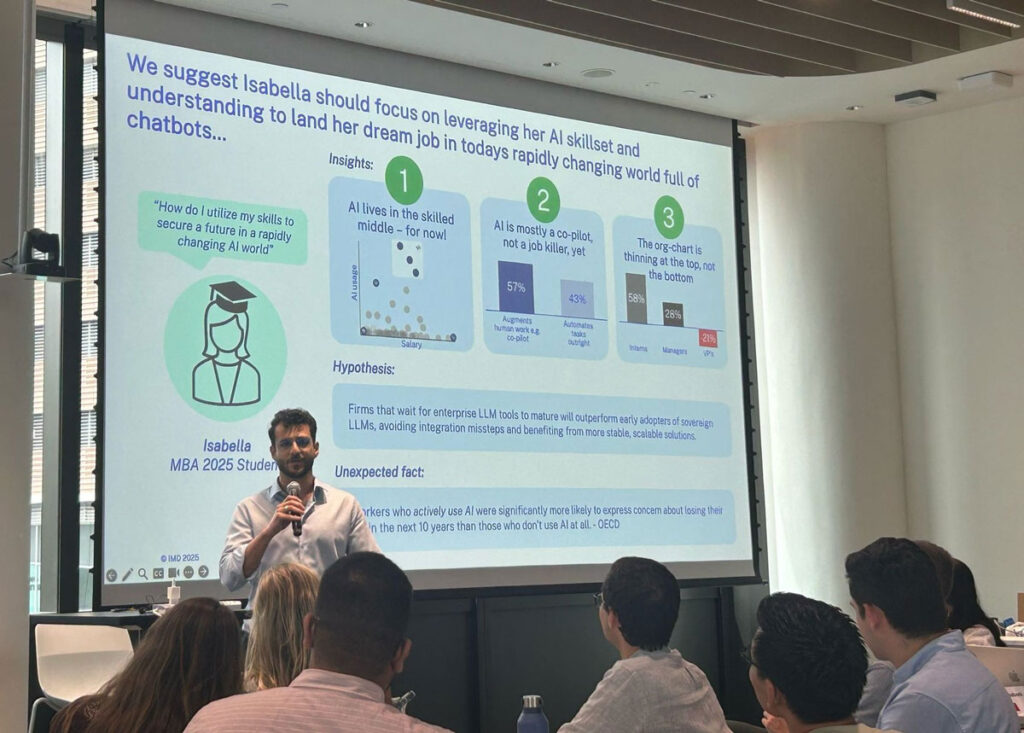
The world is getting more fragmented – politically, economically, and socially – and turbulence is the new normal. Navigating this landscape takes more than technical skill. It is about building real coalitions, listening deeply, and knowing when to set aside ego, sometimes with nothing more than a well-timed coffee. What has become clear to me is that effective leadership starts with self-leadership, demanding both practical experience and real introspection. IMD is the ideal place to develop these muscles. The rigor and constant feedback push you out of your comfort zone, while the beautiful and very supportive cohort experience means learning and growing together, forging bonds that last well beyond the classroom.
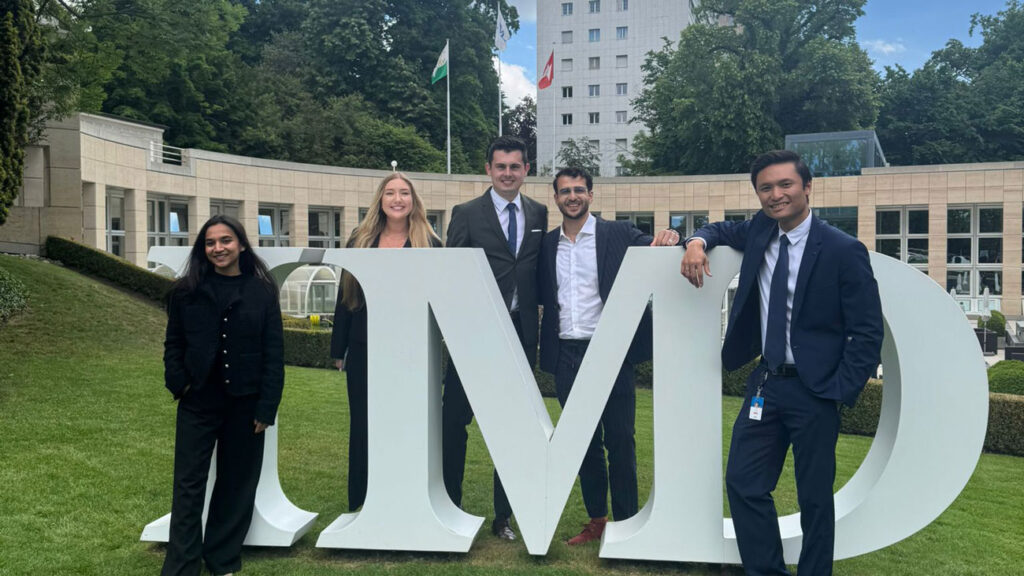
Each week, I shuttle between Lausanne and Winterthur to be at home with my fiancée Selin, crossing the Röstigraben, Switzerland’s cultural and linguistic divide between French and German speakers. This commute is more than just a practical routine; it has become a metaphor for what leadership demands today. It is about bridging different worlds, translating insights from one setting to another, and staying adaptable across contexts.
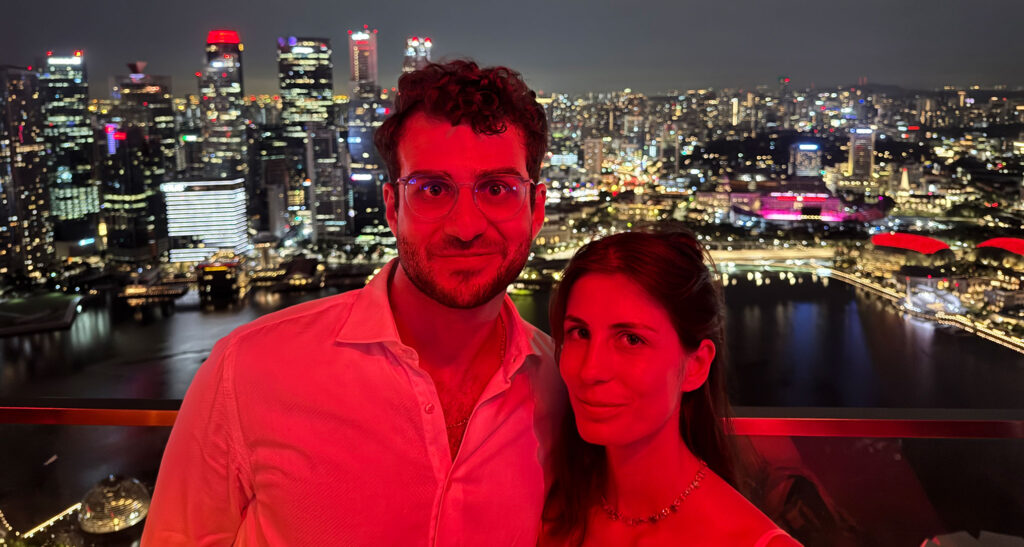
This kind of cultural flexibility, the habit of shifting perspectives and processing new ideas, is exactly what leaders need to thrive in complex, fast-changing environments like the energy sector.
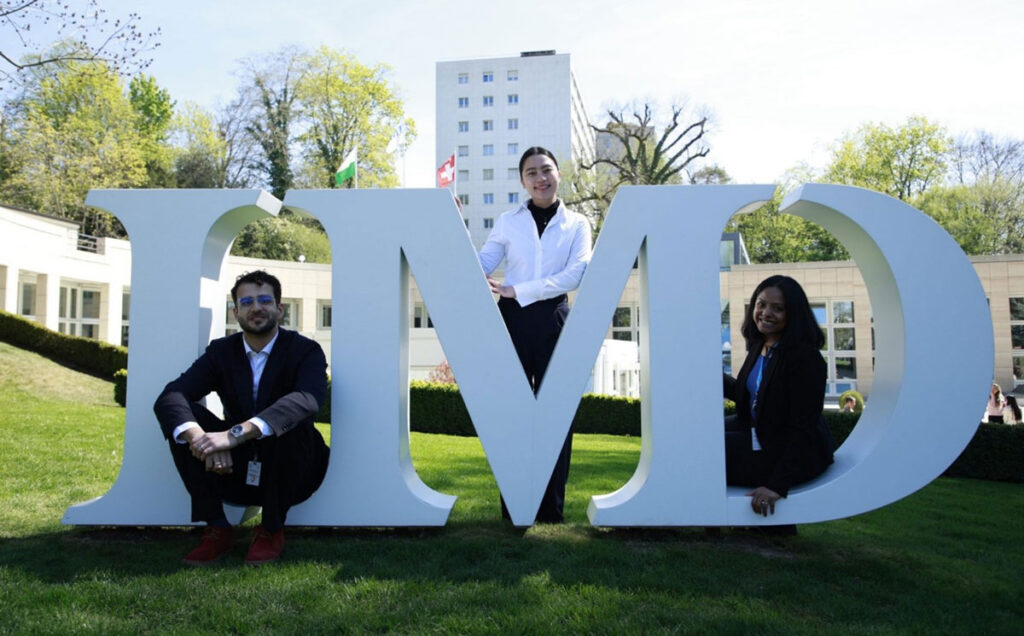
This is not a spectator sport. IMD throws you in the deep end from day one. You are pushed outside your comfort zone, forced to collaborate under pressure, and expected to adapt quickly. I have learned as much about myself – my blind spots, strengths, known unknowns, and even unknown unknowns – as I have about finance or strategy. The intensity is real, and the learning is constant, even if the introspection is not always easy to measure. Honest feedback, sharp peers, and a diversity of perspectives make sure you are always evolving your leadership, whether you want to or not.
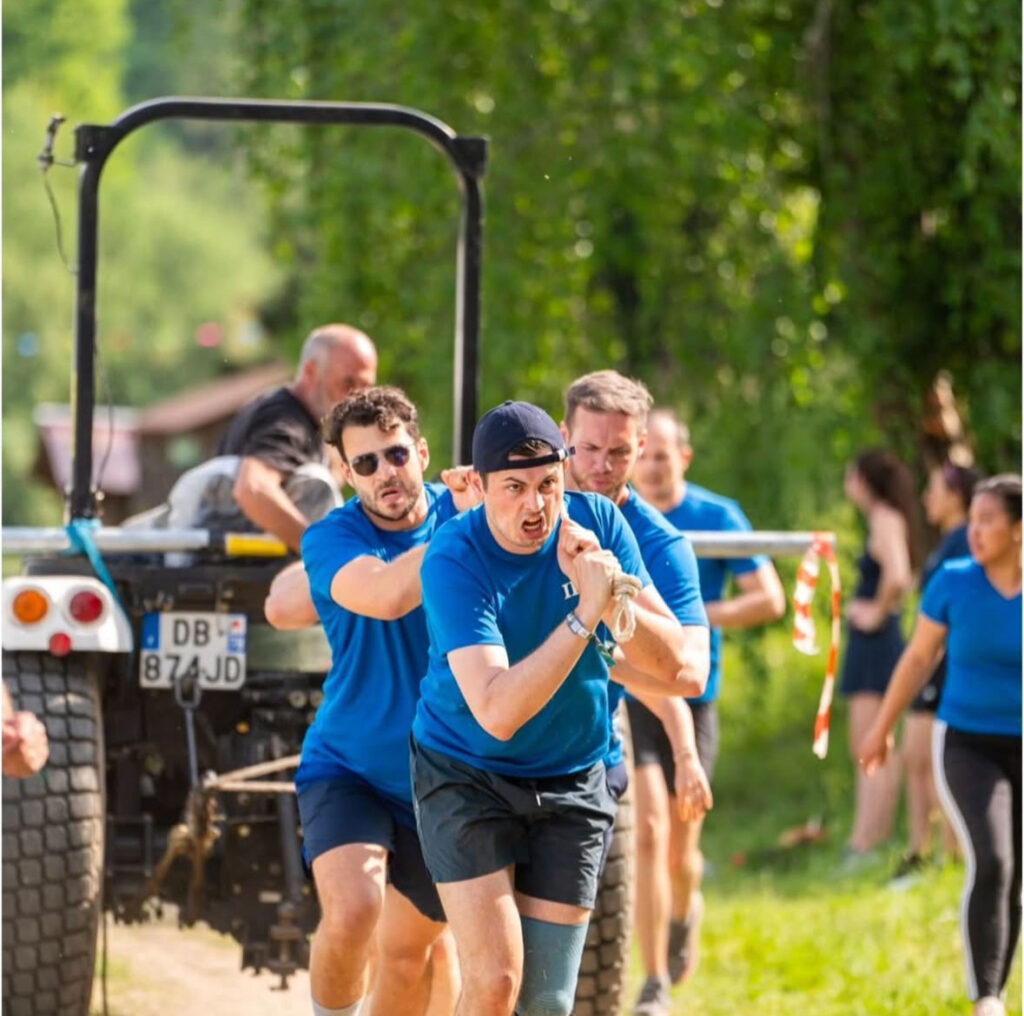
The Hilti STEM Scholarship did not just make the MBA financially feasible; it made me feel seen. Knowing that a company like Hilti believes in my potential and is willing to invest in it is deeply motivating. For me, it is more than a line on my CV. It is a real vote of confidence from an industry leader that understands what meaningful leadership requires. That support inspires me not only to aim higher for myself, but also to raise the bar for others, using this opportunity to help build teams and systems where collective value truly matters.
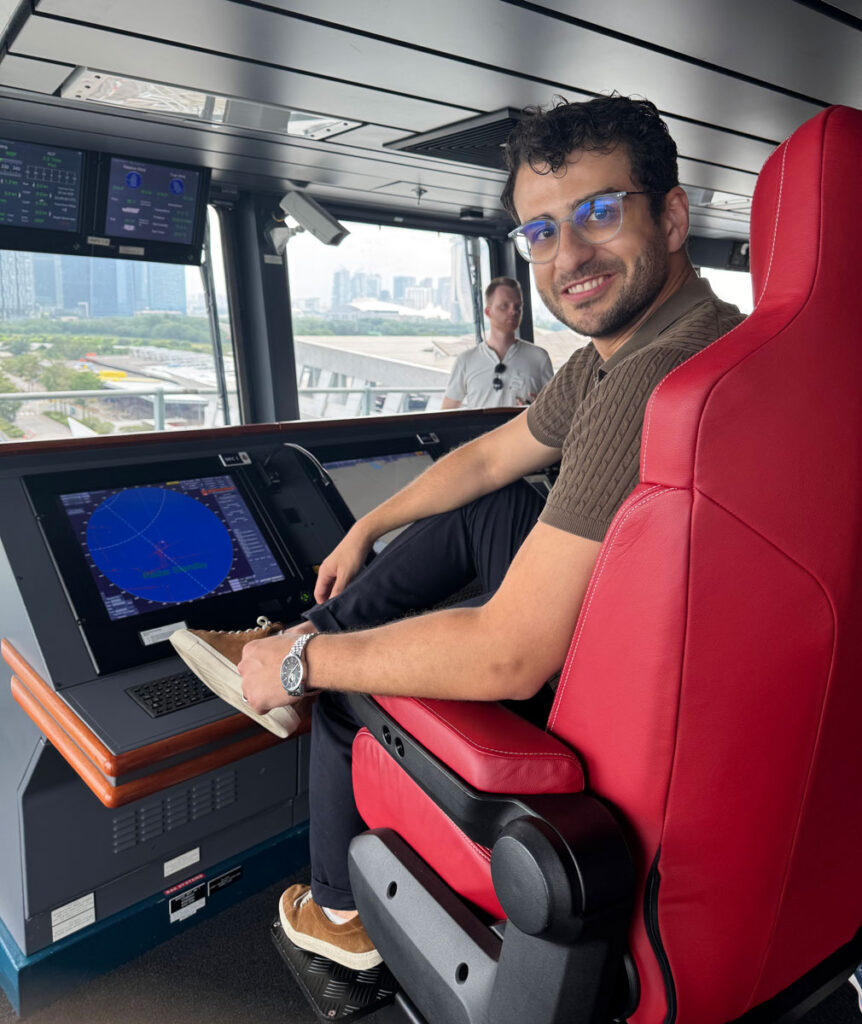
From power systems to people power: Now it’s time to gear up for the final four months of my IMD journey